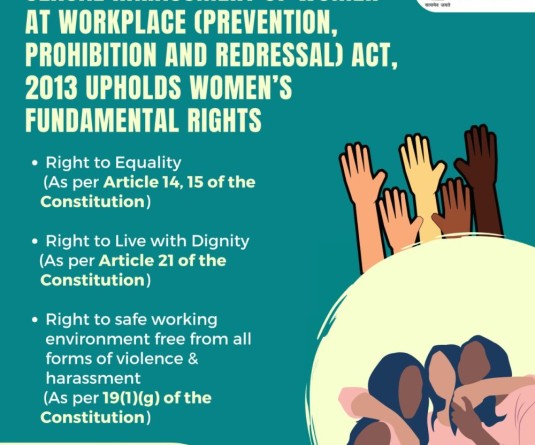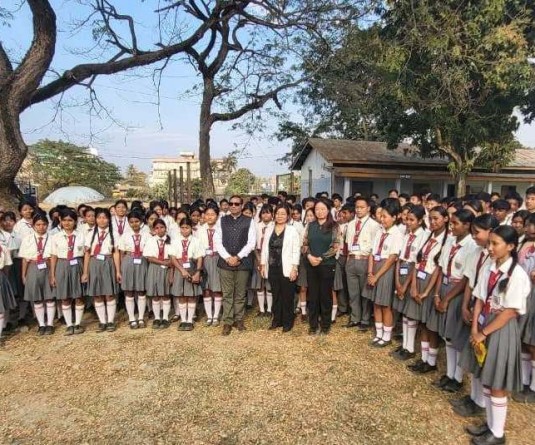
DIMAPUR, NOVEMBER 9 (MExN): The Public Health Engineering Department (PHED) of Nagaland has issued a response to recent allegations from the Nagaland Tribal People’s Rights and Development Organisation (NTPRADAO) regarding a supposed misuse of funds amounting to Rs 1,712 crore under the Jal Jeevan Mission (JJM).
PHED clarified key aspects of the implementation process, financial details, and oversight mechanisms of the JJM projects in Nagaland, which aim to provide safe drinking water to rural households across the state.
According to PHED, the JJM, launched in 2019, strives to ensure Functional Household Tap Connections (FHTCs) for all rural households by 2024. Nagaland has achieved 92.29% FHTC coverage despite the state's challenging geographical and logistical conditions. PHED emphasized that the mission’s work is still ongoing, with village communities overseeing much of the planning, implementation, and maintenance. Village Action Plans (VAPs) are developed for each village, followed by Detailed Project Reports (DPRs), which are reviewed and approved by the Ministry of Jal Shakti’s Department of Drinking Water and Sanitation (DDWS) under an Annual Action Plan (AAP).
Contrary to claims of Rs 1,712 crore fund allocation, PHED clarified that it received Rs 1,282.75 crore from the central government and Rs 143.70 crore from the state, totaling Rs 1,426.45 crore since 2019-2020. The department highlighted that water supply projects in rural areas are carried out by both PHED under JJM and the Rural Development Department (RDD) through the 15th Finance Commission Tied Grant. RDD oversees water projects in 116 villages, including Old Riphyim, which was specifically mentioned in recent news reports.
PHED underscored that all project payments are processed through the Public Financial Management System (PFMS) only after certification by the Third Party Inspection Agency (TPIA), overseen by the District Water and Sanitation Mission (DWSM). The agency also conducts quality checks on materials, ensuring compliance with National Public Works Department (NPWD) specifications. Any issues raised by local communities are managed through a grievance cell, and materials are inspected by an independent board and certified by the Government of India’s National Test House.
PHED dismissed allegations that 70% of funds were misappropriated for piping infrastructure, and the remaining 30% for civil works was mishandled. According to the department, materials used are of ISI-compliant quality, subjected to both internal and external inspections. Community participation is also integral to JJM projects, with local Water and Sanitation (WATSAN) Committees tasked with managing water supply schemes. To bolster these efforts, the department has partnered with organizations like North East Initiative Development Agency (NEIDA), Pinnacle Skills, and Zynorique Consultancy to provide capacity-building training for officials and village functionaries.
Regarding water quality, PHED reassured that safe drinking water is monitored through regular testing in one state-level and 11 district laboratories accredited by the National Accreditation Board for Testing and Calibration (NABL). Additional tests are conducted through Field Testing Kits (FTKs), with corrective measures taken promptly if contamination is detected.
While the department acknowledged NTPRADAO’s concerns as valid and welcomed constructive feedback, it reiterated its commitment to addressing any shortcomings and ensuring transparency and accountability in JJM projects.






